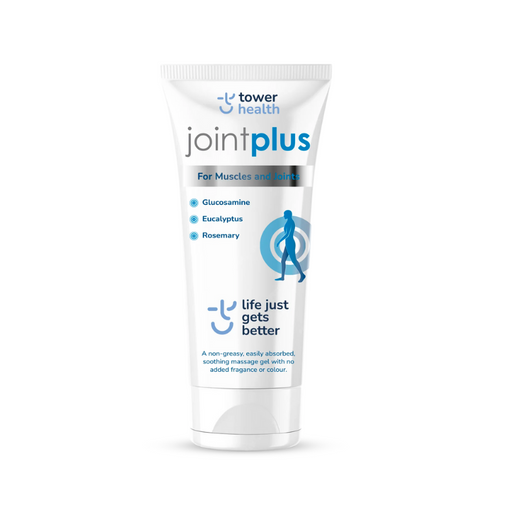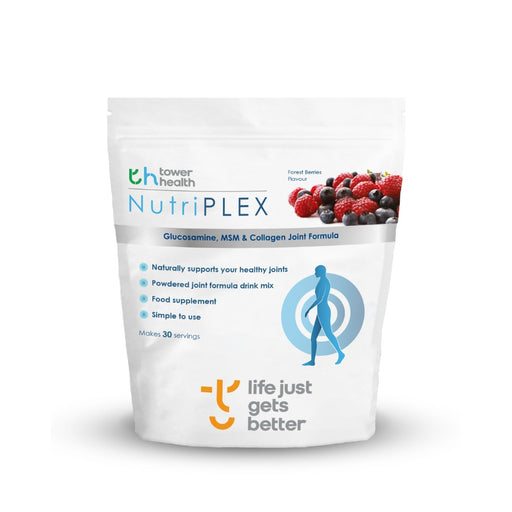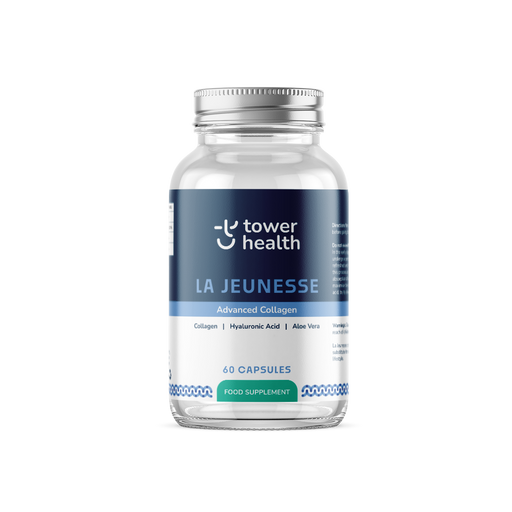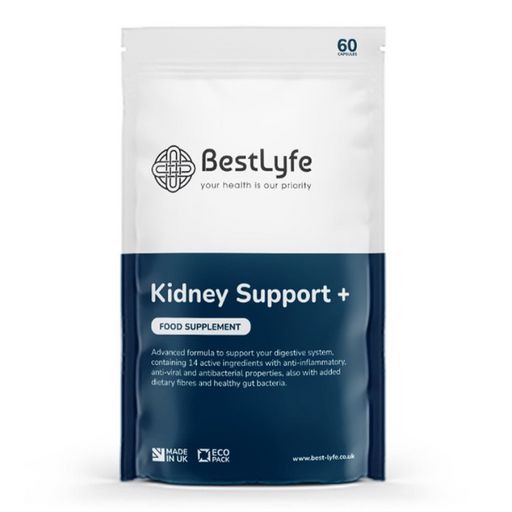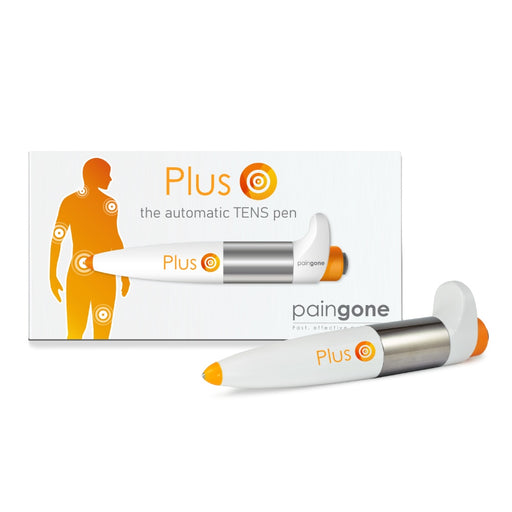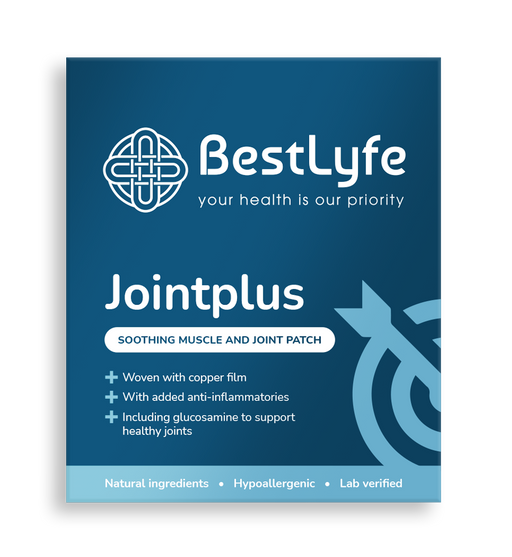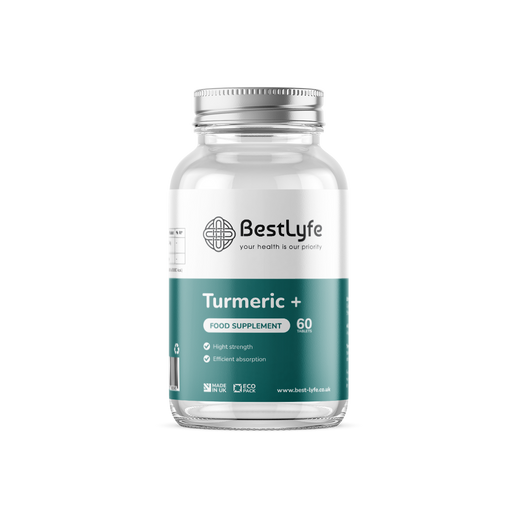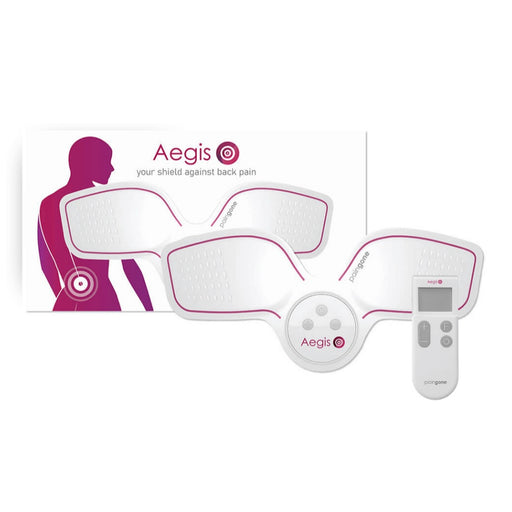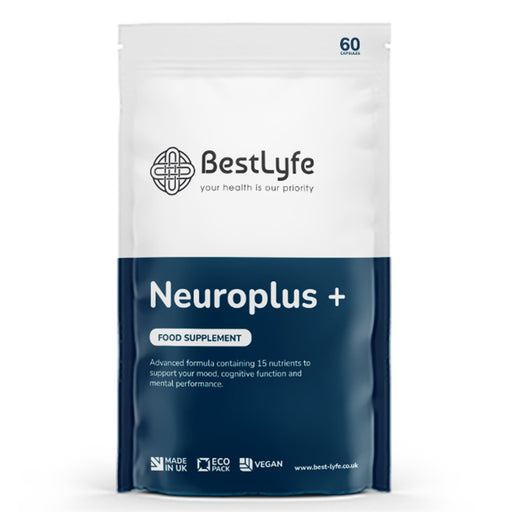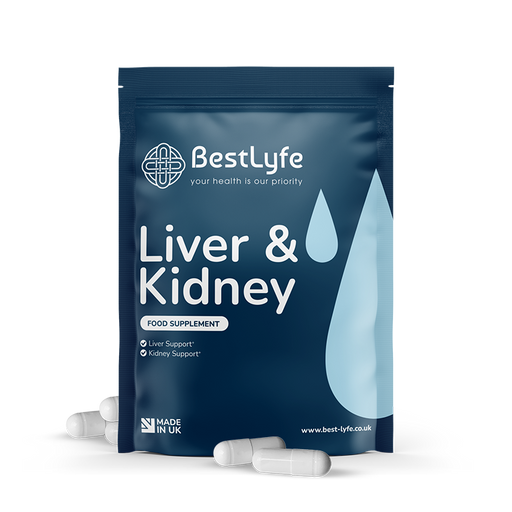
What Is Iron's Vital Role in Promoting Good Health
Low iron levels are common and often leave you feeling tired, unfocused and sickly and can lead to a more serious condition called anaemia. Anaemia is when you’re running low on the healthy red blood cells that transport oxygen around our body. Iron supplements are therefore a popular solution for anyone looking to find their vigour and inject energy back in to their lifestyle.
Iron is available in both animal and plant sources: beef, eggs, spinach, sweet potato and chickpeas. Iron supplements are also extremely popular as they provide a quick, cheap and effective method of reversing low iron levels. It’s important to keep an eye on how much iron you’re taking - too much can harm your health and in severe cases, it can even lead to organ failure!
So what is iron?
It’s a mineral that is essential for producing haemoglobin. Haemoglobin carries oxygen around our bodies providing us with energy and supporting our immune system. The amount of iron that we need depends on our age and gender - adult males need around 8.7mg per day and adult females need almost twice as much (14.8mg). It’s best to speak to your GP about what level of iron intake is best for you.
Why do we need different amounts?
Women lose blood every month during menstruation and they also require additional iron during pregnancy to support the growth and development of their baby. According to research data, 33% of women will be anaemic during their lifetime and 20% will be anaemic during pregnancy.
The amount of iron that we require can also depend on how active we are. Iron transports oxygen to our muscles controls the release of energy and is equally as beneficial during rest and recovery. Did you know that we lose a lot of iron when we sweat? Ensuring that we have a well-balanced diet and sufficient nutrient intake of which iron is really important, ensuring that we can replenish and repair cell tissue and improve our overall health and well-being.
If your iron levels are low it is worthwhile to increase your vitamin C intake. Some research suggests that vitamin C helps to improve iron absorption. Vitamin C is also a really powerful antioxidant and has plenty of health benefits in its own right. Making small changes to your lifestyle can also help - NHS guidance adds that tea, coffee, cereal and milk can prevent the absorption of iron.
So what should I do?
If you’re experiencing symptoms of iron deficiency such as a lack of energy, shortness of breath, frequent bouts of illness, or hair loss, it’s important to seek medical advice immediately! Go and book yourself in to see your GP.
For more advice on the best vitamins to take for your health needs, how to get the right mix of nutrients through your diet, plus exclusive discounts, you can join our mailing list here.
Best Selling Natural Health Products
-
Joint Plus - Glucosamine Joint Gel 200ml
Original price £17.95 - Original price £107.70Original price £53.85£17.95£17.95 - £86.16Current price £17.95in stockNourish and improve mobility with Joint Plus Glucosamine Gel Targeted anti-inflammatory action from natural ingredients that work in synergy to co...
View full detailsOriginal price £17.95 - Original price £107.70Original price £53.85£17.95£17.95 - £86.16Current price £17.95 -
Nutriplex: Collagen Rich Joint Health Supplement - Tower Health
Original price £29.95 - Original price £143.00Original price£29.95£29.95 - £143.00Current price £29.95In stockImprove Joint Health & Mobility with Nutriplex Reap the benefits of our collagen-rich joint health supplement, packed with essential nutri...
View full detailsOriginal price £29.95 - Original price £143.00Original price£29.95£29.95 - £143.00Current price £29.95 -
La Jeunesse Collagen Capsules 1200mg 60 Capsules - Tower Health
Original price £29.95 - Original price £134.11Original price£29.95£29.95 - £134.11Current price £29.95in stockIntroducing La Jeunesse Collagen: Your Comprehensive Skin and Joint Health Solution Discover La Jeunesse Collagen, a meticulously formulate...
View full detailsOriginal price £29.95 - Original price £134.11Original price£29.95£29.95 - £134.11Current price £29.95 -
Bestlyfe Kidney Support+
Original price £24.95 - Original price £149.70Original price £74.85£24.95£24.95 - £119.70Current price £24.95in stockCleanse, detox, repair and support your digestive system with Bestlyfe's Kidney Support+ Advanced formula containing 14 nutrients and vitamins to s...
View full detailsOriginal price £24.95 - Original price £149.70Original price £74.85£24.95£24.95 - £119.70Current price £24.95 -
Paingone Plus: The Automatic TENS Pen
Original price £49.95Original price £59.94 - Original price £59.94Original price £49.95Current price £42.95£51.54 - £51.54Current price £42.95in stockPortable, Automatic Tens pen AS SHOWN ON TV Introducing Paingone Plus – your go-to solution for rapid and efficient pain relief. This compact...
View full detailsOriginal price £49.95Original price £59.94 - Original price £59.94Original price £49.95Current price £42.95£51.54 - £51.54Current price £42.95Save 14% -
Jointplus Patches
Original price £29.95 - Original price £29.95Original price£29.95£29.95 - £29.95Current price £29.95in stockA natural upgrade on the glucosamine patches Natural ingredients - contains Glucosamine and Vitamin A,C & E 30x pack Discrete and convenient -...
View full detailsOriginal price £29.95 - Original price £29.95Original price£29.95£29.95 - £29.95Current price £29.95 -
Turmeric+ - 60 Tablets
Original price £12.95 - Original price £12.95Original price£12.95£12.95 - £12.95Current price £12.95in stockImprove Wellness With Turmeric Support your wellness routine with BestLyfe Turmeric+ tablets containing over 1,000 mg of Turmeric per recommended...
View full detailsOriginal price £12.95 - Original price £12.95Original price£12.95£12.95 - £12.95Current price £12.95 -
Paingone Aegis: Your Shield Against Back Pain
Original price £71.94 - Original price £71.94Original price£59.95£71.94 - £71.94Current price £59.95in stockWireless TENS machine for lower back pain. Adjustable intensity levels with remote control. Class IIa medical device. Can be worn under clothing....
View full detailsOriginal price £71.94 - Original price £71.94Original price£59.95£71.94 - £71.94Current price £59.95 -
Neuroplus+
Original price £24.95 - Original price £149.70Original price £74.85£24.95£24.95 - £119.76Current price £24.95in stockUnlock your cognitive performance and enhance your mood with Nauroplus+. Our carefully crafted blend of 15 nutrients aims to elevate your m...
View full detailsOriginal price £24.95 - Original price £149.70Original price £74.85£24.95£24.95 - £119.76Current price £24.95 -
Liver & Kidney - Cleanse & Detox
Original price £39.95Original price £39.95 - Original price £209.70Original price £39.95Current price £31.95£31.95 - £191.75Current price £31.95in stockBestLyfe's recommended supplements to support healthy digestive organs. Fight back against overindulgence with 26 nutrients that keep your liver an...
View full detailsOriginal price £39.95Original price £39.95 - Original price £209.70Original price £39.95Current price £31.95£31.95 - £191.75Current price £31.95Save 9%

